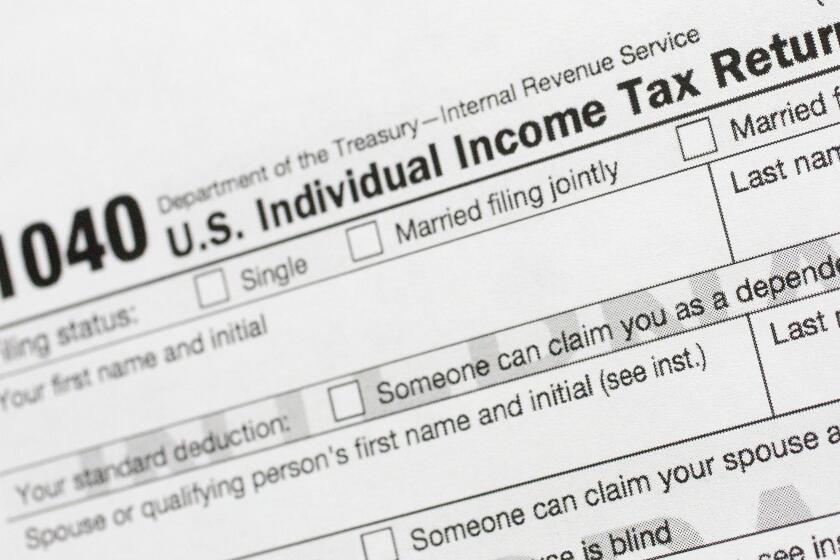Saving Obamacare from the website disaster: A smart proposal
With dire reports of the Obamacare website’s dysfunction rising by the hour--and the deadlines for signing up for insurance moving nearer by the day--the question on everyone’s lips is: Has the time come to delay the individual mandate?
Health economists Nicholas Bagley and Austin Frakt say no. But they do have a workable plan for saving Obamacare from the website’s meltdown. Here’s the best news: It doesn’t require action by Congress.
The proposal is not to delay the mandate but to waive the penalty for going without coverage, which hits people who don’t have insurance by next April 1. The law sets the penalty for 2014 at $95 per person or 1% of household income, whichever is greater. (It rises in subsequent years to $695 per person, or 2.5% of household income in 2016, and thereafter by the rate of inflation.)
Bagley, of the University of Michigan, and Frakt, of the Veterans Administration, say the penalty can be waived by the Secretary of Health and Human Services under Obamacare’s “hardship” provisions, which cover people who couldn’t obtain insurance by no fault of their own. It would require HHS to determine that a nonfunctioning website qualifies as a hardship, which isn’t a stretch. If the federal website, which serves applicants in 36 states, can’t be fixed by any of the looming deadlines, applicants in those states could be exempted from the penalty. The same rule could be applied to people whose state websites aren’t up to speed.
Some technicalities would need to be addressed, Bagley and Frakt say. The law requires that individual hardship exemptions be granted to people once they apply for coverage, and since the website is what’s preventing people from applying, some workaround is needed. But they say the law grants HHS Secretary Kathleen Sebelius the flexibility to find one.
The penalty waiver is a better option than delaying the individual mandate, which is a much further-reaching change in the law’s requirements. In states where the sign-up process is going well, the penalty would remain in force. That would moderate an important downside of deferring the penalty, which is that it would encourage younger and healthier individuals to defer coverage. That in turn risks saddling insurance companies with the dreaded adverse selection--a profusion of sicker, older, and relatively more costly policy holders, driving up premiums--which is what the Affordable Care Act is designed to avoid.
Whether the Bagley/Frakt option will be necessary is unclear. President Obama has imposed a technology “surge” to address the federal website’s problems to meet the approaching enrollment deadlines. As he pointed out in his statement this week, applicants always have the option of applying for coverage by phone or on paper. But it is plain that HHS was unprepared for the tide of applicants eager to take advantage of the law when enrollment opened on Oct. 1.
The botched rollout threatens to overshadow the Affordable Care Act’s real virtues, which include remaking the standards of health insurance to remove exclusions for preexisting conditions and increases in premiums for people who get sick. If temporarily waiving the individual penalty takes the heat off the system in these first months of implementation, that may be the way to go.
More to Read
Inside the business of entertainment
The Wide Shot brings you news, analysis and insights on everything from streaming wars to production — and what it all means for the future.
You may occasionally receive promotional content from the Los Angeles Times.











